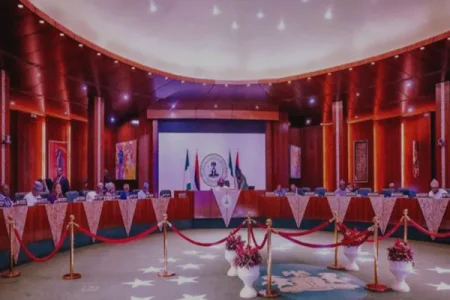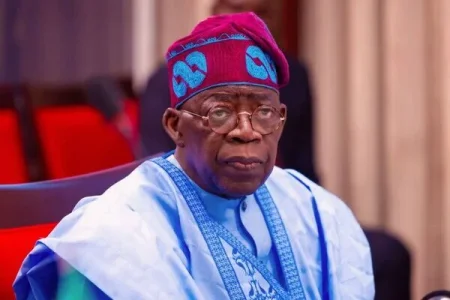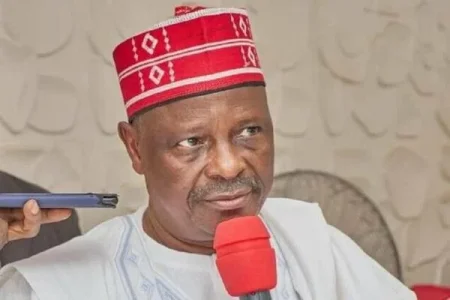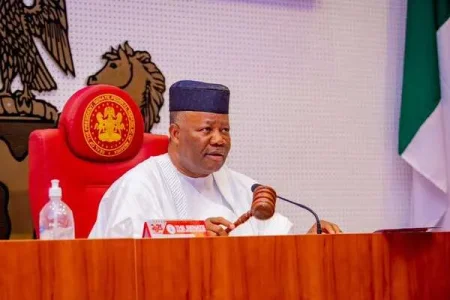
Nigeria's Federal Executive Council meets to address critical issues, focusing on the minimum wage debate. Government proposes N62,000, while labor demands N250,000. The meeting's outcome could lead to an executive bill and impact labor relations. Other national challenges are also on the agenda.
The Federal Executive Council (FEC) is set to convene today, with expectations to address critical national issues, including the ongoing minimum wage debate. This meeting comes at a crucial time as the government and organized labor grapple with significant disparities in their wage proposals.
A key focus of the FEC meeting is expected to be the recent report submitted by the tripartite committee to President Bola Tinubu. The federal government has proposed a minimum wage of N62,000, while organized labor, represented by the Nigerian Labour Congress (NLC) and Trade Union Congress (TUC), is demanding N250,000.
The council is likely to deliberate on these conflicting positions and consider what the government can feasibly afford. The outcome of these discussions could pave the way for an executive bill to be presented to the National Assembly.
This FEC meeting, typically held on Mondays under President Tinubu's administration, marks a departure from the previous Wednesday schedule. It's the first such gathering since mid-May, highlighting its significance in addressing pressing national concerns.
Beyond the minimum wage issue, the council is expected to tackle other challenges facing the country. The meeting's agenda may include discussions on security concerns, particularly in light of recent reports of terrorist activities in Niger communities.
As Nigeria grapples with economic pressures and labor unrest, the decisions made in this FEC meeting could have far-reaching implications for workers' welfare and the country's economic stability. The outcome will be closely watched by both the labor unions and the general public, as it could set the tone for future labor relations and economic policies.




